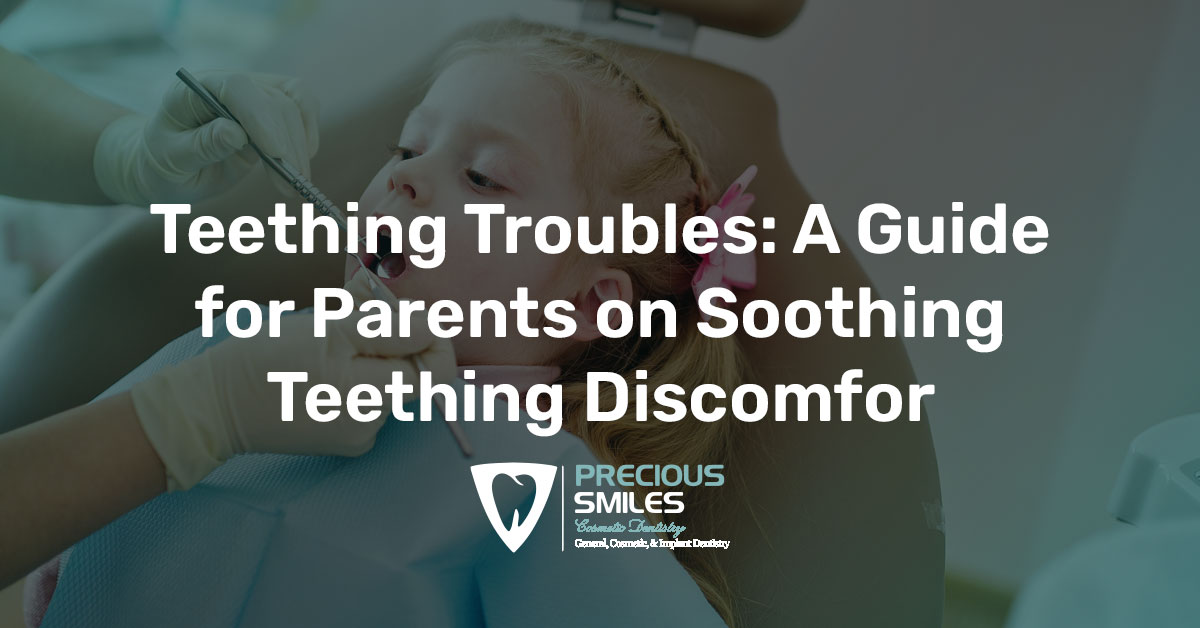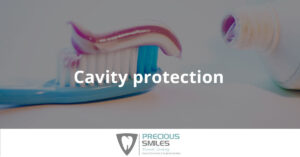The teething phase is a significant milestone in your infant’s development, but it can also bring discomfort and challenges. As a parent, understanding how to navigate this stage is crucial for both your child’s well-being and your peace of mind. In this guide, we’ll explore the teething process, common signs, and effective strategies to soothe your baby’s discomfort.
Understanding the Teething Process
Teething typically begins around six months of age when your baby’s first teeth start to emerge. This process continues until around age three when most primary teeth are in place. As teeth push through the gums, it can cause irritation, leading to various signs of teething.
Common Teething Signs
- Irritability: Your baby may become fussier than usual due to gum discomfort.
- Excessive Drooling: Teething stimulates saliva production, causing increased drooling.
- Chewing on Objects: Babies often find relief by gnawing on teething toys or their fingers.
- Changes in Sleeping Patterns: Discomfort can affect sleep, leading to changes in sleep patterns.
- Mild Fever: Some infants may experience a slight increase in body temperature.

Effective Teething Remedies
1. Teething Toys:
Provide your baby with safe teething toys to chew on. Silicone or rubber options can offer relief.
2. Chilled Teething Rings:
Refrigerate teething rings (not freeze) to provide a soothing, numbing effect on swollen gums.
3. Gentle Gum Massage:
Use a clean finger to gently massage your baby’s gums. The pressure can alleviate discomfort.
4. Cold Washcloth:
Dampen a clean washcloth, chill it in the refrigerator, and let your baby chew on it.
5. Over-the-Counter Teething Gels:
Consult your pediatrician before using teething gels. If recommended, apply a small amount to the gums.
Proper Oral Care During Teething
1. Introduce Toothbrushing:
As soon as the first tooth emerges, begin gently brushing with an age-appropriate toothbrush.
2. Avoid Sugar in Pacifiers:
Refrain from dipping pacifiers in sweet substances, as this can contribute to tooth decay.
3. Regular Dental Check-ups:
Schedule your baby’s first dental visit by their first birthday or when the first tooth appears.
When to Consult a Pediatrician
If your baby’s teething symptoms are severe or persistent, consult with your pediatrician. Additionally, seek medical advice if your child develops a high fever, diarrhea, or other symptoms unrelated to teething.
Navigating the teething phase requires patience and a proactive approach to comfort your baby. By understanding the signs of teething, implementing soothing remedies, and introducing proper oral care, you can help your infant transition through this essential developmental stage with minimal discomfort.
Always consult with healthcare professionals for personalized advice based on your child’s unique needs.




